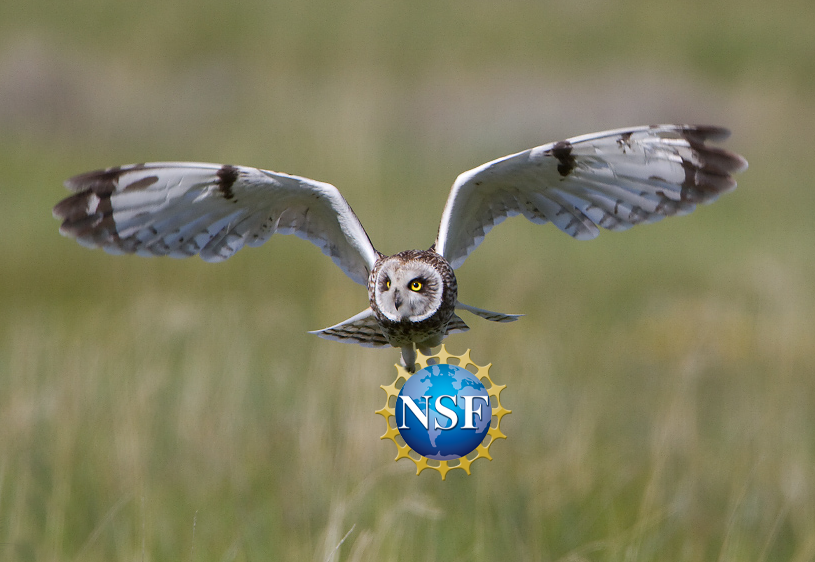Philosophers Among Recent NSF Grant Winners
A few philosophers have picked up grants from the National Science Foundation (NSF) recently.

They are:
- Catherine Kendig and Paul Thompson (Michigan State University)
“Epistemic and Ethical Functions of Categories in the Agricultural Sciences”
The system for classifying objects of study in the sciences affects what can be known about them, and how they should be treated. The categories used within different systems of classification group the entities, processes, and systems that are the subject matter of the science, and determine how one differs from another. Agricultural science is a particularly important focus for studying systems of classification because social norms such as farm productivity, environmental quality and the economic competitiveness of farmers have long been explicitly recognized as values that influence the content and methods in agronomy, horticulture, and animal science. The project will apply analytic methods from the philosophy of science to improve understanding of how social, economic, ethical, and political values interact with biologically-oriented science in the agricultural sciences.
This project will advance the clarity and quality of social and political debates that are currently shaping the practice of plant and animal food production with respect to issues such as environmental sustainability, food justice, adjustments to agriculture in response to climate change, and the welfare of livestock in intensive production systems. The core research team will identify categories and classification methods that proved decisive in steering the direction of research, or its subsequent application in several case studies on the agricultural sciences. A larger community including scholars working on agricultural science and veteran agricultural researchers will be created to steer, critique, and work collaboratively with the PIs. Research from the project will be published and will serve as the basis for a course designed for Colleges of Agriculture and Natural Resources and Colleges of Arts and Letters. ($452,995)
- John Morrison (Barnard College)
“Representation and Inference in the Brain”
The goal of this three-year project is to develop useful and precise definitions of ‘representation’ and ‘inference’ for attribution to the brain. Representation and inference are central notions in neuroscience, cognitive science, and philosophy, but there is no widely accepted definitions of these terms, and each of these fields would benefit from definitions in terms of neural activity. For example, neuroscientists often describe neural activity as representing and inferring. It is their way of describing the overall function of that activity, an abstraction away from detailed neural recordings. But, because there are no settled definitions, there are no objective grounds for these descriptions. As a result, they are treated as casual glosses rather than as rigorous analyses. Just as proper definitions accelerated progress in other fields, proper definitions of ‘representation’ and ‘inference’ have the potential to accelerate progress in neuroscience.
This project will describe the challenge of defining ‘representation’ and ‘inference’ in terms of neural activity, survey potential definitions, and develop new definitions of these terms that link them to specific kinds of learning, each with identifiable neural correlates. It will then be shown how to attribute specific representations and inferences to the brain. The results of this project will contribute substantially to the philosophical foundations of neuroscience and cognitive science, and thereby serve to advance these fields. They will also be used in graduate and advanced undergraduate courses, and they will be published open source. ($298,656)
You can learn more about NSF grants here.
(Previous post about NSF grant winners is here.)
Subscribe
Login
0 Comments


